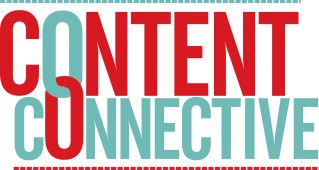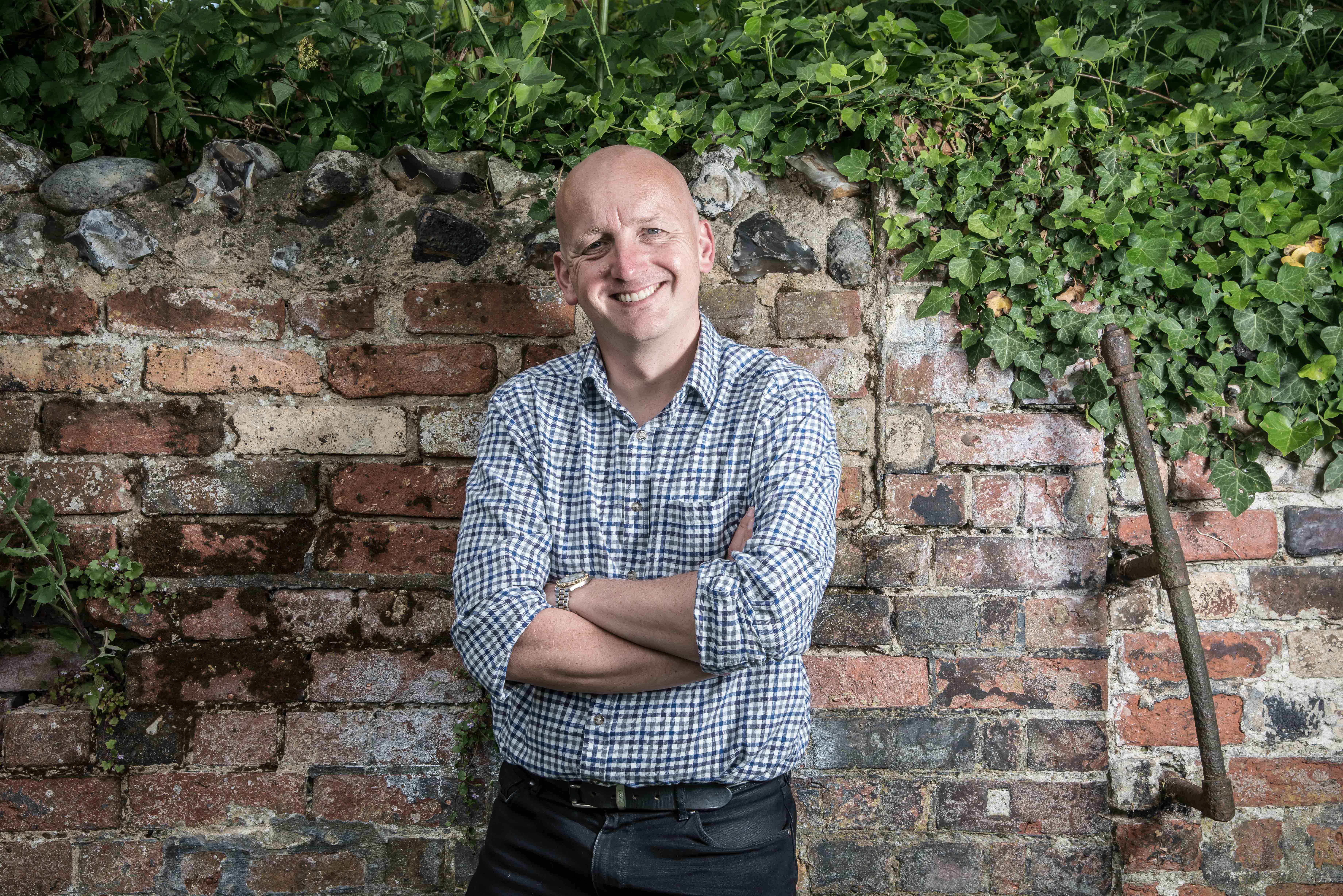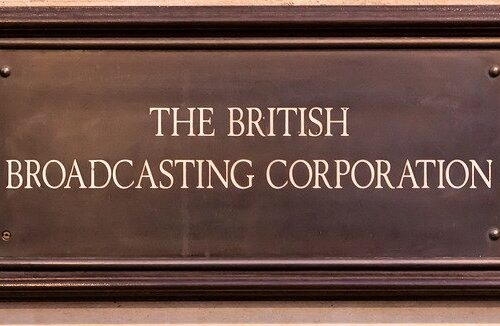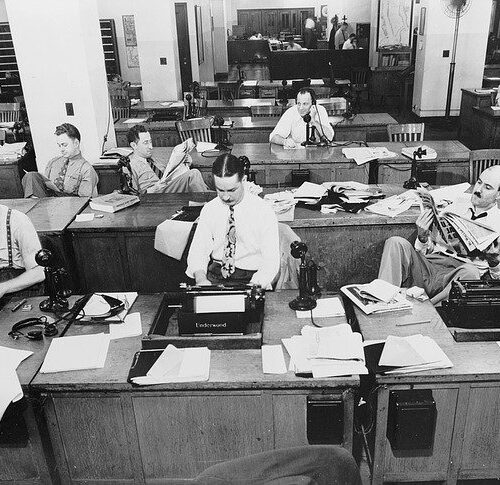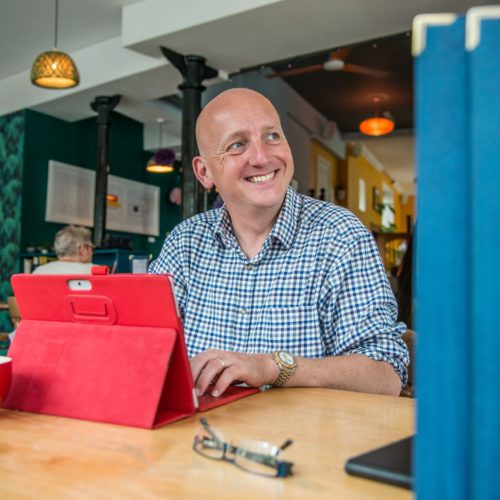Will Covid-19 mark the end of the road for cars in Norfolk?
Now is the perfect time for new thinking on how we do things
Dear Norfolk County Council, New Anglia Lep, Broadland District Council, Hellesdon Parish Council et al
Now that we have experienced life in lockdown under Covid-19 I was writing to urge you not just to go back to business as usual when the restrictions are lifted.
Things are going to be different for us all anyway, and of course the focus is going to be on getting back to work and getting the economy moving again – not least because all the debts we have incurred both as a country and as individuals will have to be paid back at some point.
But having enjoyed the cleaner air, bluer skies, the sounds of birdsong in urban areas, the traffic-free streets (and the decrease in road accidents), it would be really good if we could do things differently from now on.
In fact you have to wonder whether Covid-19 will mark the end of the road for cars in Norfolk?
While I accept that many will still need their cars for work and essential journeys – a great many of us simply won’t need, or wish, to drive as much. So why not use this moment to cement (sorry poor choice of words there) some of the new ways we have been doing things?
How we could invest our money differently in the post car age
For a start instead of the usual tired old mantras about growth and infrastructure how about switching the cash we currently spend (invest) on building roads to some of the following:
- Free high speed broadband for all – so many of us are getting used to using Zoom etc that we don’t really need to be clogging up the roads for pointless commutes when we can be far more productive working from home
- More chicanes filled with trees and flowers in main roads – I’m thinking of myself here, but the empty streets has made me realise how ugly concrete and tarmac is, so what not give priority to introducing more plant life to our streets and taking some of the space back
- More space given over to walking and leisure when planning housing developments – and reclaiming existing roads for people not cars. If lockdown has taught us anything, it’s that people need to get out, children need a place to play safely, so why not give them the run of the streets like they used to have?
- No more driving kids to school – those in a three mile radius should walk, cycle, or use a ‘walking bus’ and those further afield get a free bus pass or access to a new fleet of school buses
- Bus routes planned on a hub-and-spoke system so those living in villages can connect may be using minibus or dial-a-ride services to a main interchange (like one of the existing park-and-ride sites for example?)
With all the challenges of Coronavirus (and let’s face it, this has been a massive challenge for all of us), there comes opportunities. Many of us have used our cars less, walked and cycled more, reconnected with local shops and suppliers, and talked to people on the other side of the street (because we can hear them now that all the traffic has gone).
And when this ends we still have the issues of tackling climate change to deal with to – and if there is one thing our response to the pandemic has taught us, it’s that we can radically transform the way we do things when we have to.
I sincerely hope that you have the imagination to embrace some of that – and would love to assist you in any way I can to help bring it about
Yours
PS – And if government wants to go really crazy, how about shifting the spend on roads towards covering the costs of following:
Issuing every child in Norfolk with a free laptop when they start primary school and secondary school
Installing solar panels (or other renewables) on every home and creating community renewable energy supplies
